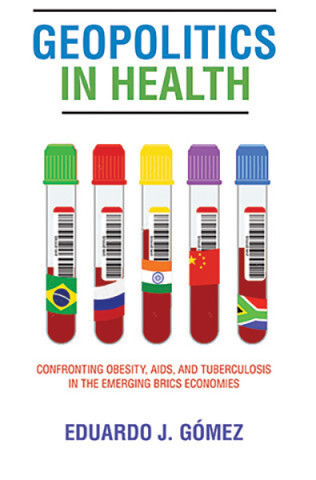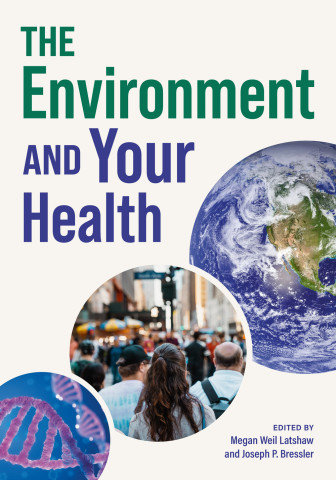
Reviews
Advances our understanding of why and how norms matter, as well as the factors that facilitate regional cooperation in health and the international politics of implementing regulations. Davies's argument is sound, well-structured, theoretically relevant, and empirically important; she brings a wealth of knowledge and experience to the project.
Nowhere in the world is the threat to health security more acute than in Southeast Asia, a hotbed for infectious diseases, from SARS to novel influenzas. Davies brings us a superb analysis of the dangers of the region and of the vital need for localized action. Through her scholarship, we can see Southeast Asia not just as a threat but as a model for global health security. This book is a tour de force.
Containing Contagion is a game-changer in our understanding of global health and international security. It transcends questions of blame and lessons learned to deploy sharp analysis of the thorniest of political questions: how to get states to deliver on their commitments. The book is therefore not only of critical importance to global health scholars and practitioners, but a must-read for those interested in security, world order, and global governance.
In this thorough and painstaking analysis, Sara Davies builds on her earlier work to examine the implementation of the International Health Regulations in Southeast Asia. Her research provides broader lessons on how the wider global health community can work towards health security region by region.
A thoroughly original, insightful, and comprehensive study of disease outbreak reporting in one of the world's most pivotal regions. Seamlessly weaving together international politics and global health, Davies has produced a foundational study of the practical implementation of the International Health Regulations during their first decade.
Sara Davies's excellent book makes a major contribution in examining how tensions between principles of sovereignty and international responsibility have been navigated in the key ASEAN region. Her conclusions on how and why behavior changed provide important lessons for elsewhere.
Book Details
Acknowledgments
Abbreviations
Introduction. A Study of Southeast Asia's Response
to Infectious Disease Outbreaks
Chapter One. The Revised International Health Regulations in Practice
Chapter Two. The
Acknowledgments
Abbreviations
Introduction. A Study of Southeast Asia's Response
to Infectious Disease Outbreaks
Chapter One. The Revised International Health Regulations in Practice
Chapter Two. The Political Context in Southeast Asia
Chapter Three. Sovereignty, Regional Cooperation, and Health Security
Chapter Four. Forging Political Support
Chapter Five. Surveillance and Reporting in Practice
Chapter Six. Understanding the Differences in Reporting Responsibilities
Conclusion. The Sustainability of Health Security
in Southeast Asia
Appendix
Notes
Bibliography
Index






